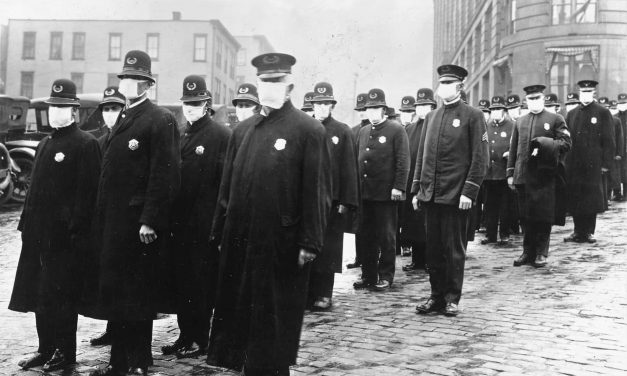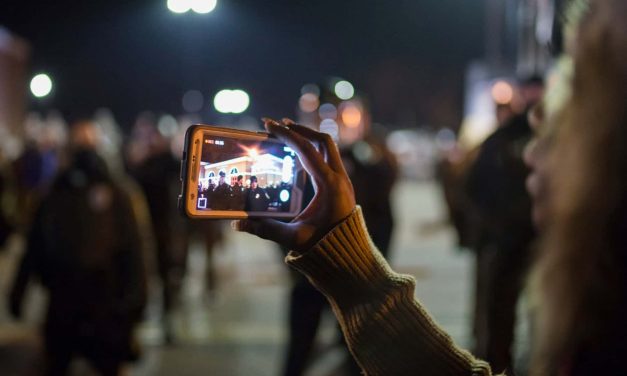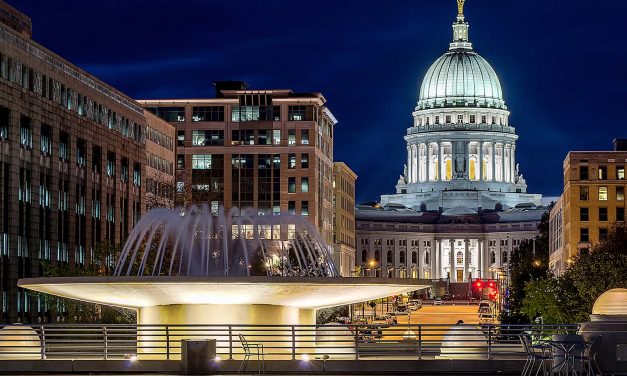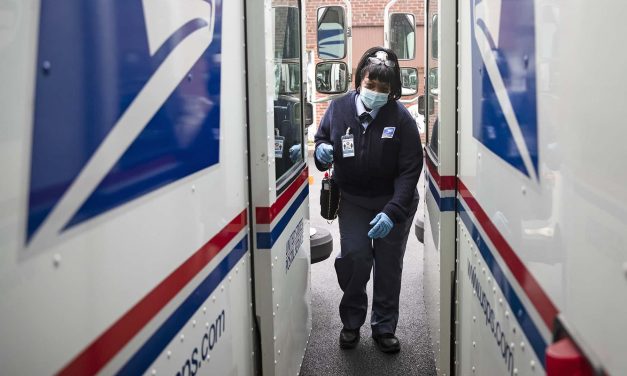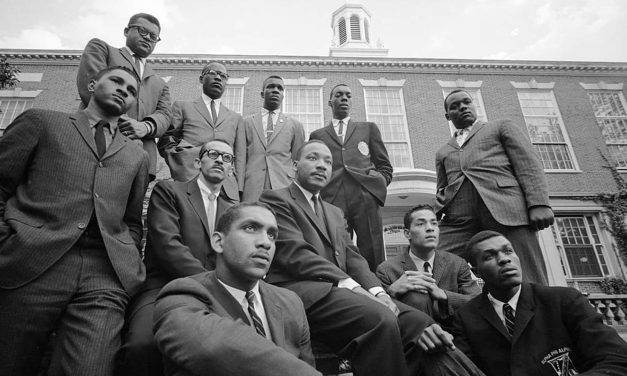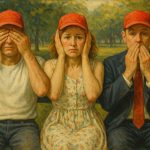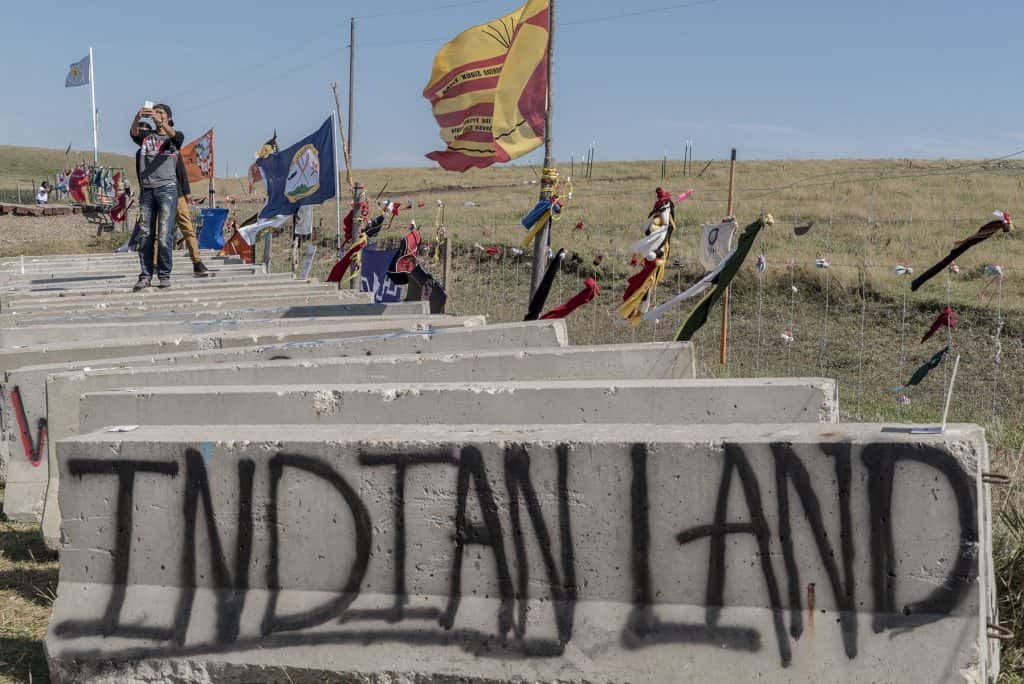Evading a civic duty: Americans also refused to wear masks during the 1918 pandemic
By J. Alexander Navarro, Assistant Director, Center for the History of Medicine, University of Michigan We have all seen the alarming headlines: Coronavirus cases are surging in 40 states, with new cases and hospitalization rates climbing at an alarming rate. Health officials have warned that the U.S. must act quickly to halt the spread – or we risk losing control over the pandemic. There is a clear consensus that Americans should wear masks in public and continue to practice proper social distancing. While a majority of Americans support wearing masks, widespread and consistent compliance has proven difficult to maintain...
Read More
